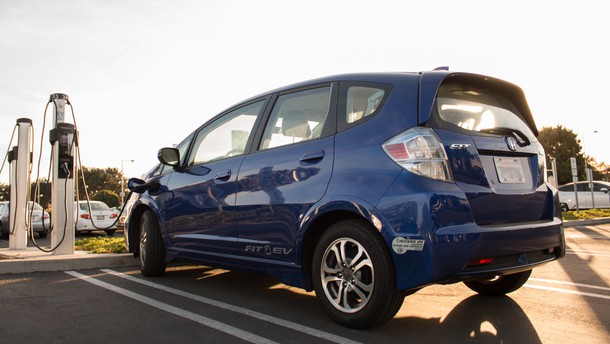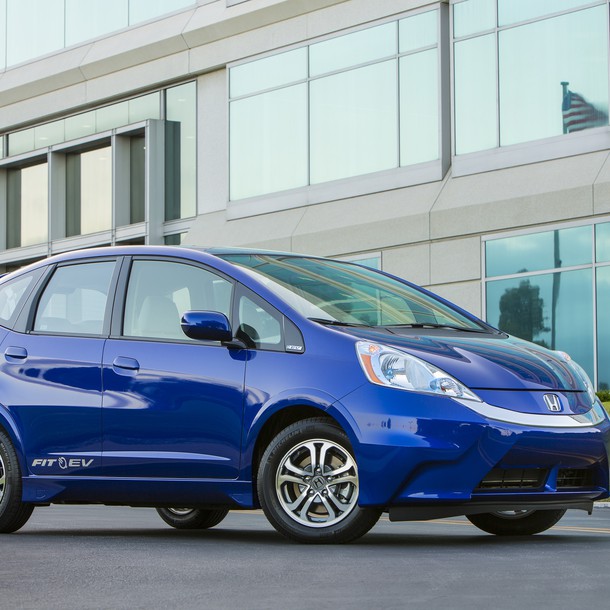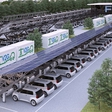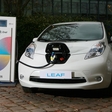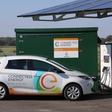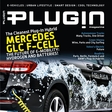
One of the biggest concerns of the opponents (and possibly some owners) of electric and electrified vehicles relates to the handling of old electric batteries. Although their life expectancy undr normal condition will be much longer than many individuals believe, at some point their decommissioning or use will also have to be undertaken after the end of life in the car. While several ideas and proposals in this area have been presented, Japan's Honda will now deal with this issue as well.
The American branch of Honda thus announced a few days ago that it had entered into a partnership with American Electric Power (AEP), Ohio, and both brands will jointly examine the possibility of using old battery packs for US company's electricity network. These battery packs could serve as storage tanks for electricity, and both sides also point out that there will be more and more electric cars in the future, which means more used batteries that will help to store electricity. It is to be expected that the demand for this will rise.
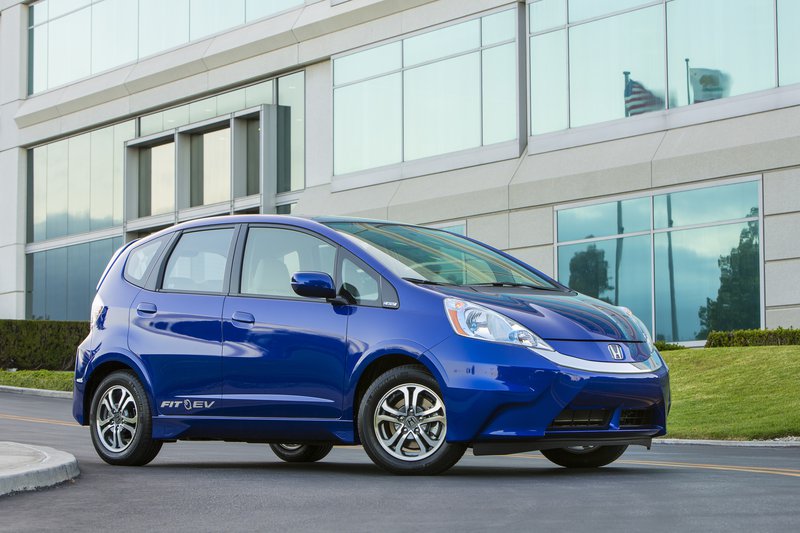
"Together with AEP, we are exploring opportunities to use the 2nd life battery to improve energy security, reduce CO2 and prepare for broad scale electrification of the transportation ecosystem," said Ryan Harty, manager of Connected and Environmental Business, American Honda Motor Co., Inc. "Neither automakers nor utilities can address these complex technical, policy and business issues alone."
Honda, which had committed a while ago to reduce the CO2 emissions of its vehicles by 2050 by half compared with 2000, will thus contribute to the participation of the used Fit EV model batteries. Although in 2012 Honda launched an electric car in Europe known as Jazz, it did not sell the vehicle but merely offer it to customers. That is also why it will now be so much easier to access the desired battery packs.
